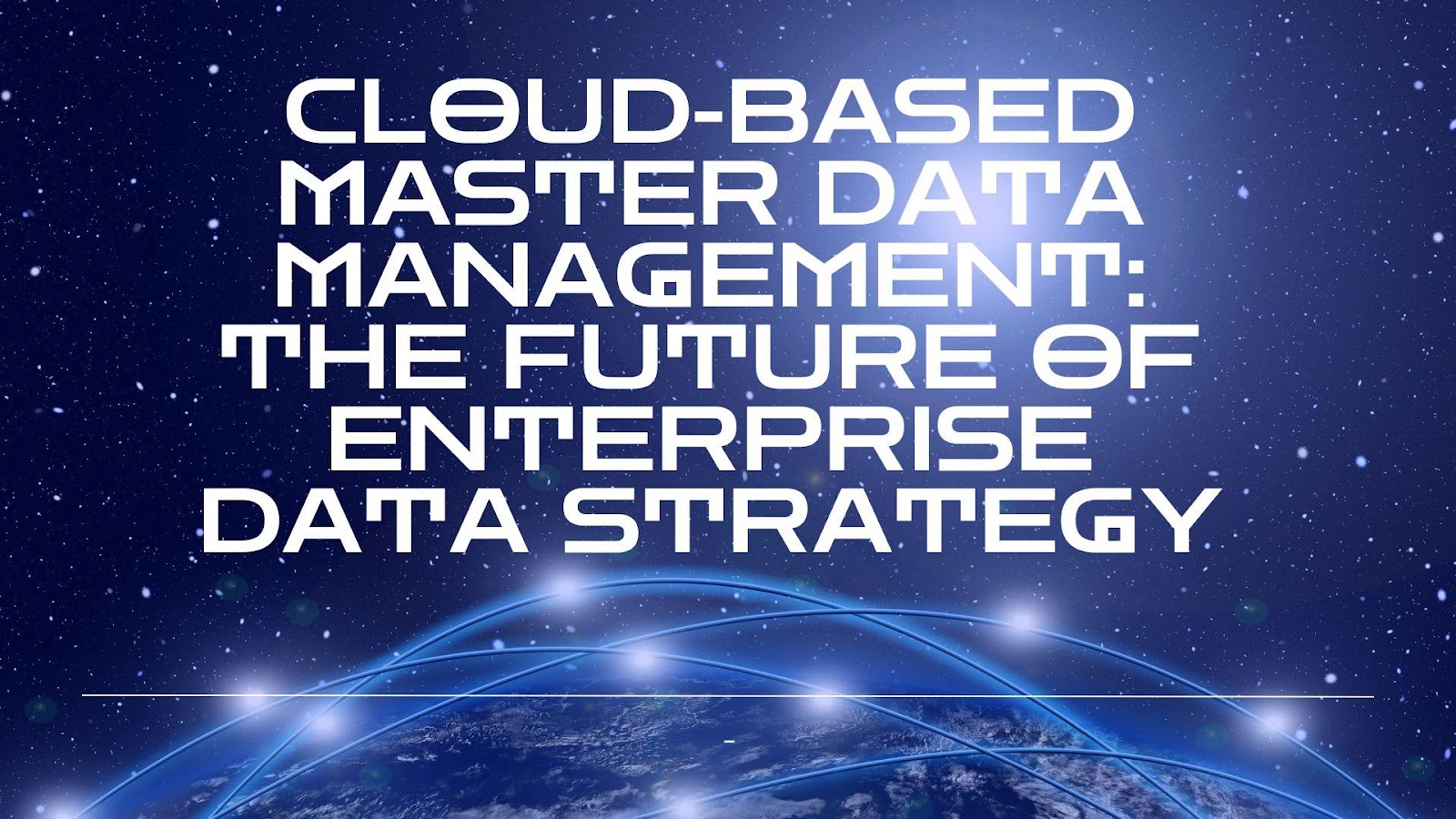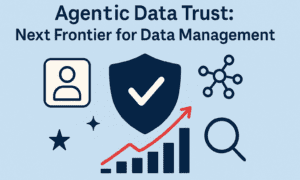In an era where digital transformation is reshaping industries, cloud-based Master Data Management (MDM) has emerged as a crucial innovation in enterprise data strategy. With organizations generating and processing vast amounts of data, efficient data governance, security, and scalability have become key priorities. Chandra Sekhara Reddy Adapa explores how cloud-based MDM is revolutionizing data management, driving operational efficiency, and enabling businesses to stay competitive in a data-driven world.
The Evolution of Data Management
The rapid increase in enterprise data volume has made traditional on-premises MDM solutions insufficient. Cloud-based MDM addresses these challenges by offering scalable, flexible, and real-time data processing capabilities. These platforms integrate artificial intelligence, machine learning, and blockchain technology to enhance data governance, security, and automation. Organizations can now manage structured and unstructured data more effectively, ensuring higher accuracy and compliance.
AI-Powered Data Governance
Artificial intelligence (AI) plays a crucial role in modern MDM solutions, automating data validation, cleansing, and classification. AI-driven algorithms improve data accuracy by detecting inconsistencies and duplicates in real-time. Machine learning models further enhance decision-making by analyzing patterns and predicting data discrepancies before they impact operations. This intelligent approach reduces human intervention and enhances data integrity across various business processes. Natural language processing capabilities enable semantic understanding, facilitating seamless integration of unstructured data sources.
Scalability Through Microservices Architecture
One of the key innovations in cloud-based MDM is the adoption of a microservices architecture. Unlike monolithic systems, microservices-based MDM platforms allow enterprises to scale specific functionalities independently. This architectural flexibility ensures that businesses can integrate new data management features without disrupting existing workflows. Additionally, API-led connectivity facilitates seamless integration with other enterprise applications, reducing data silos and improving overall efficiency.
Enhancing Security with Blockchain Integration
Data security remains a top concern for enterprises, especially with the increasing volume of sensitive information being processed in the cloud. The integration of blockchain technology in MDM solutions enhances data security by creating tamper-proof audit trails and enabling secure data transactions. Blockchain’s decentralized nature ensures that data modifications are traceable, reducing the risk of unauthorized access and fraud.
Real-Time Data Processing for Agile Decision-Making
Traditional MDM solutions often struggle with data latency issues, leading to delays in decision-making. Cloud-based MDM platforms leverage real-time data processing capabilities to provide organizations with up-to-date insights. Businesses can analyze and act on data instantly, improving responsiveness to market changes and customer needs. This capability is particularly valuable in industries that rely on real-time analytics, such as finance, healthcare, and retail.
Reducing Costs and Increasing Efficiency
By shifting MDM to the cloud, organizations significantly reduce infrastructure and maintenance costs. Cloud-based models operate on a pay-as-you-go basis, allowing businesses to scale resources according to demand. This cost-effective approach eliminates the need for expensive on-premises hardware while ensuring high availability and performance. Additionally, automated data management processes reduce manual labor, further enhancing operational efficiency.
The Role of IoT in Master Data Management
The proliferation of Internet of Things (IoT) devices has added complexity to enterprise data management. Cloud-based MDM platforms now incorporate IoT capabilities to process and analyze data from connected devices. This integration enables businesses to gain deeper insights into operational processes, customer behavior, and asset management. By consolidating IoT-generated data into a unified MDM framework, organizations can drive innovation and enhance decision-making.
Future Trends in Cloud-Based MDM
The future of cloud-based MDM is driven by advancements in AI, blockchain, and cloud-native architectures. As organizations continue to embrace digital transformation, MDM solutions will evolve to support event-driven data processing, real-time analytics, and intelligent automation. Businesses investing in these technologies will gain a competitive edge by ensuring data accuracy, security, and scalability.
In conclusion,Cloud-based MDM is transforming enterprise data strategy by offering intelligent, scalable, and secure data management solutions. By leveraging AI, blockchain, and microservices architecture, organizations can achieve higher efficiency, improved governance, and real-time decision-making capabilities. As businesses navigate the complexities of the digital age, the adoption of cloud-based MDM will be instrumental in driving innovation and maintaining data integrity. Chandra Sekhara Reddy Adapa’s insights highlight the strategic importance of embracing these advancements to stay ahead in an increasingly data-centric world.





























